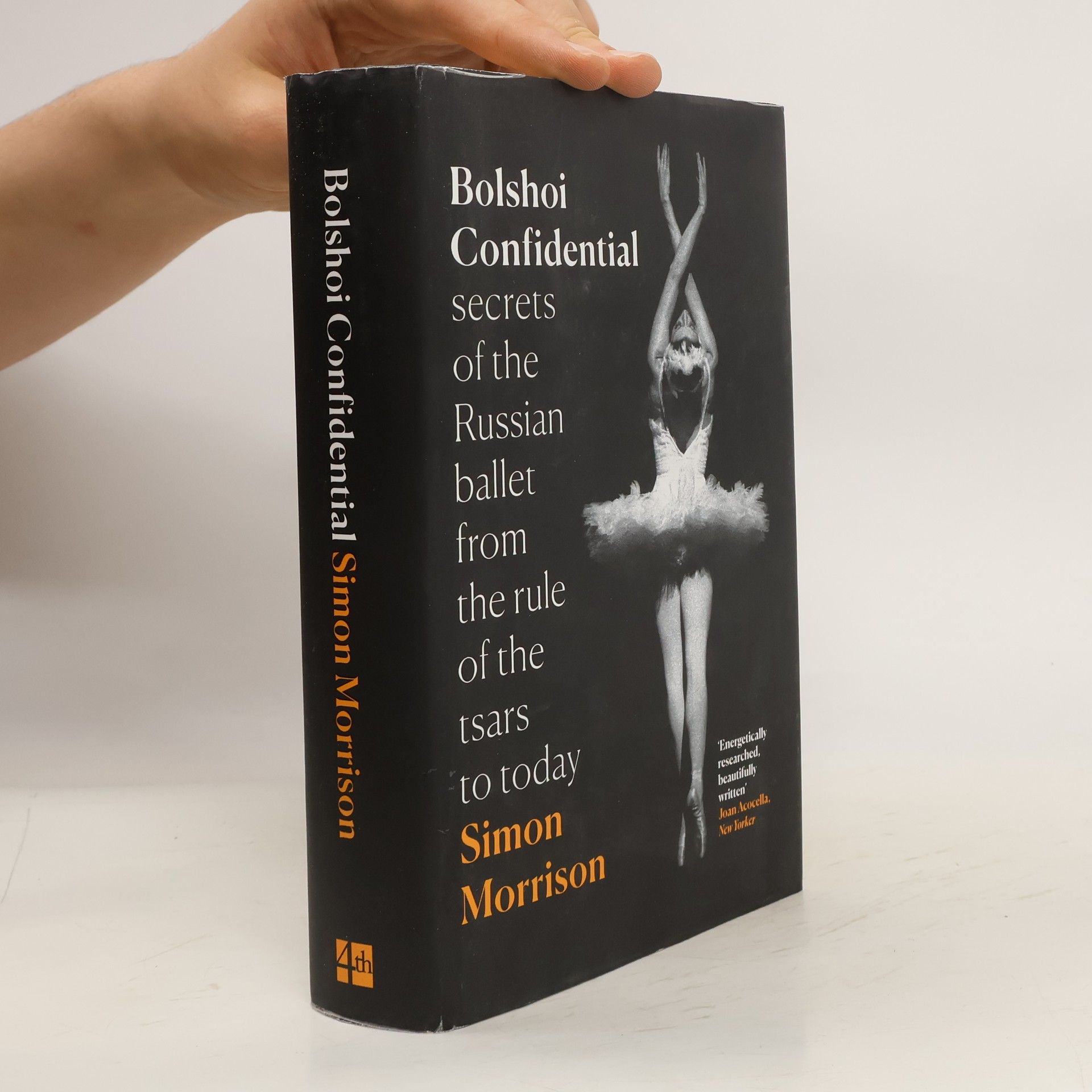Mirror in the Sky
- 263 stránek
- 10 hodin čtení
A stunning musical biography of Stevie Nicks that paints a portrait of an artist, not a caricature of a superstar. Reflective and expansive, Mirror in the Sky situates Stevie Nicks as one of the finest songwriters of the twentieth century. This biography from distinguished music historian Simon Morrison examines Nicks as a singer and songwriter before and beyond her career with Fleetwood Mac, from the Arizona landscape of her childhood to the strobe-lit Night of 1000 Stevies celebrations. The book uniquely: Analyzes Nicks's craft—the grain of her voice, the poetry of her lyrics, the melodic and harmonic syntax of her songs. Identifies the American folk and country influences on her musical imagination that place her within a distinctly American tradition of women songwriters. Draws from oral histories and surprising archival discoveries to connect Nicks's story to those of California's above- and underground music industries, innovations in recording technology, and gendered restrictions.

